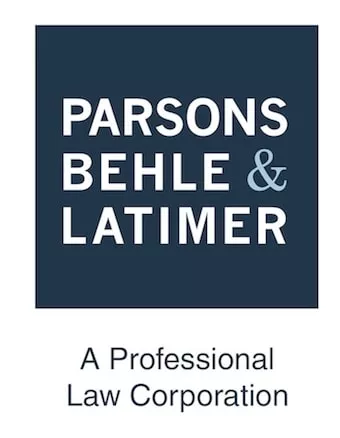The U.S. Court of Appeals for the Federal Circuit (Court of Appeals) recently overturned a decision of the U.S. Federal Claims Court (Claims Court) holding that the Claims Court misapplied the step transaction doctrine when examining, and ultimately denying, a taxpayer's refund claim.
Given the rapidly-expanding scope of the Internal Revenue Service's (IRS) audit capacity this case provides timely authority that the step transaction and economic substance doctrines are independent and delineates the separate legal standards used in applying these doctrines.
Background
The step transaction and economic substance doctrines are judicially developed doctrines, which have now been codified, that allow for the Court to look through or collapse a transaction to divine the true intent of the taxpayer. Most often, the doctrines are used successfully by the IRS to challenge deliberate structuring by a taxpayer that produces tax savings by arguing that there was no business purpose for the transaction.
In GSS Holdings, the IRS attempted to treat the sale of a note in 2006 and 2007 and a resulting $24 million payment in 2011 as a single transaction under the step transaction doctrine to disallow a loss in the 2011 tax year under IRC § 707(b)(1) due to attribution between certain parties to the underlying 2006 and 2007 transaction. GSS Holdings, Inc. (GSS) challenged the IRS's determination in a refund recovery action.
Court's Holding and Reasoning
In its opinion, the Court of Appeals held that the Claims Court conflated the step transaction and economic substance doctrines by using a hybrid legal standard to analyze the relevant transactions. Instead of properly applying the end result test to determine if the step transaction doctrine applied, the court focused solely on the event that gave rise to GSS's loss, namely a $24 million payment from Liberty Street Funding LLC, an investment fund partnership, to Bank of Nova Scotia, occurring on Dec. 30, 2011.
The Court of Appeals remanded the case and instructed the Claims Court to analyze the transaction under the correct legal standard: the end result test. Under the end result test, the Claims Court must examine whether the separate transactions were component parts of a single transaction intended from the outset to be taken for the purpose of reaching the ultimate result.
General Takeaway
This decision is important for taxpayers. First, the Court found for the taxpayer, which is novel on its own. Second, the Court drew a distinction between the step transaction and economic substance doctrines and clarified the legal standards used in applying those doctrines. Understanding these standards can aid in conducting careful tax planning to limit the possibility of the IRS successfully invoking either doctrine.
The content of this article is intended to provide a general guide to the subject matter. Specialist advice should be sought about your specific circumstances.



